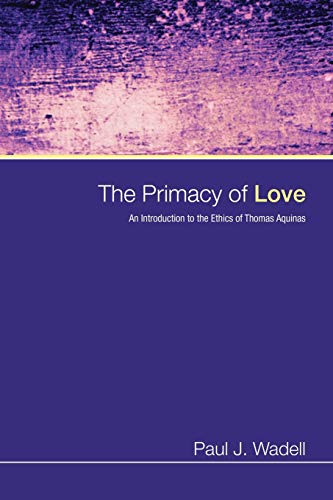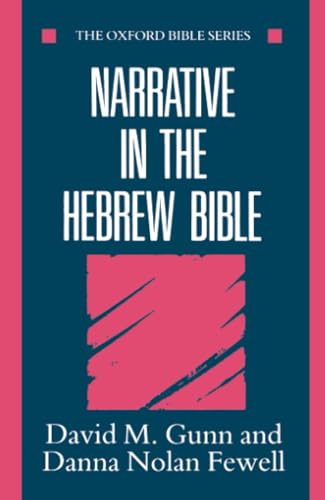Regnum Caelorum: Patterns of Future Hope in Early Christianity
Written by Charles E. Hill Reviewed By Gerald BrayIn spite of the vast range of literature dealing with the Early Church period, there are still a number of important subjects which have received only the most cursory and disjointed treatment in the past. The question of eschatology is a case in point, and this book, which began life as a doctoral thesis at Oxford, fills an important gap in our knowledge of the period.
It has long been recognized, of course, that mainstream Christian opinion in the earliest centuries of the church was chiliastic in its eschatology, taking literally the millennial reign of Christ mentioned in Revelation 20. It is also well known that this view was superseded and eventually virtually discredited by Augustine, who developed an articulate non-chiliastic view of the Christian future.
What is much less understood is the way in which this primitive chiliasm emerged and why its eventual demise should have been so complete. In this thesis, the author sets out to prove that Christian writers owed a major part of their inspiration to Jewish contemporaries, who in turn were motivated by the fall of Jerusalem in ad 70. Tied up with their crisis eschatology was the belief that the souls of the departed spent the intervening period in a kind of limbo, and that they did not enjoy the fruits of Christ’s resurrection victory until the Day of Judgment. It is the author’s contention that this view is closely bound up with any form of chiliasm, which would virtually cease to exist without it.
He also points out that in spite of the widespread acceptance of chiliasm in the early church, there was always an alternative to this eschatology within the orthodox fold. This alternative focused on the fact that the Bible promises believers an immediate enjoyment of paradise, something which, in the case of the martyrs at least, popular Christian devotion would not surrender. The author demonstrates that this created a logical contradiction which contributed to the eventual overthrow of traditional chiliasm. If a believer enjoys the fruits of paradise immediately after death, there is very little point in picturing a thousand-year reign of the saints on earth, particularly as this was by definition a temporal, and not an eternal, state of bliss.
The thesis contains much detailed argument of different scholarly positions, and it is only to be expected that the views put forward here will provoke similar replies in due course. Nevertheless, the author has raised the profile of a much-neglected subject, and provided a study which will stimulate and inform all students of the period. In particular, there is an interesting chapter dealing with the relationship between the book of Revelation and chiliasm, which will be of much wider interest than the rest, not least because of the links which it makes with present-day American millenarianism.
Gerald Bray
Gerald Bray is research professor of divinity at Beeson Divinity School in Birmingham, Alabama, where he teaches history and doctrine. He is a minister in the Church of England and the editor of the Anglican theological journal Churchman.







